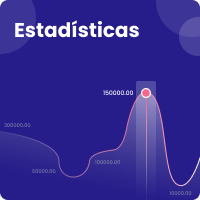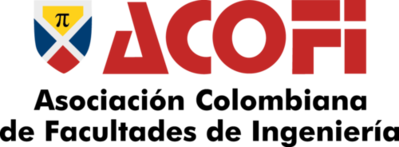CHANGES IN ENGINEERING CURRICULA: ALGORITHMS AND PROGRAMMING COURSES
DOI:
https://doi.org/10.26507/ponencia.1438Resumen
The traditional engineering curricula had included at least one algorithms and programming course in the freshman year to provide the basis of problem solving skills desired in a professional engineer. However, this course is usually underrated by students, except for those in a computer science related programs, due to the lack of an explicit relation with their professional expectations. Over time this course gets disconnected from the other courses in the curricula, and in many cases even neolithic. Consequently, to overcome obsolescence and rise the relevance of these type of courses, an engineering curriculum is redesign to include new knowledge, affecting the program structure and the syllabuses. This is the case of transition between a content-based to an outcome-based program.
Curricula changes also influence the teaching and learning strategies. The active learning principle defines the students as active actors in their learning process and the instructor the passive actor who motivates and assures the learning experience. We have experienced that during the first programming course based on an active learning methodology, the students recognize the importance of being autonomous, disciplined and acquire the needed abilities for being active students, skills that are valuable to every course in their careers.
Undeniably, there is a strong dependency between the content evolution of an engineering curriculum and the teaching and learning process. Hence, algorithm and programming courses become a milestone in this process not only for the academic significance, but for the engineering skills in the following courses of the engineering program. Moreover, the conception of key elements for these courses during the process of a curriculum redesign are often underseen and accidentally ignored.
In this paper we present our findings after the construction of our new outcome-based syllabus for the program of Computer Engineering as it influenced the algorithms and programming courses that are offered to all our engineering programs. Among these findings, we highlight the experience of the new syllabus implementation, as well as the changes we have observed in the capability of students while building solutions in different contexts. In our most rewarding results, the algorithms and programming courses had raised relevance among students, not only for the programming itself, but as the first approach students have while facing problem from the engineering point of view. That is, following the stages of analysis, design and implementation.
With this experience, we aim to motivate engineering programs to consider active learning teaching and learning strategies to enhance the students experience and results in the algorithms and programming courses.
Descargas
Descargas
Publicado
Cómo citar
Evento
Sección
| Estadísticas de artículo | |
|---|---|
| Vistas de resúmenes | |
| Vistas de PDF | |
| Descargas de PDF | |
| Vistas de HTML | |
| Otras vistas | |








